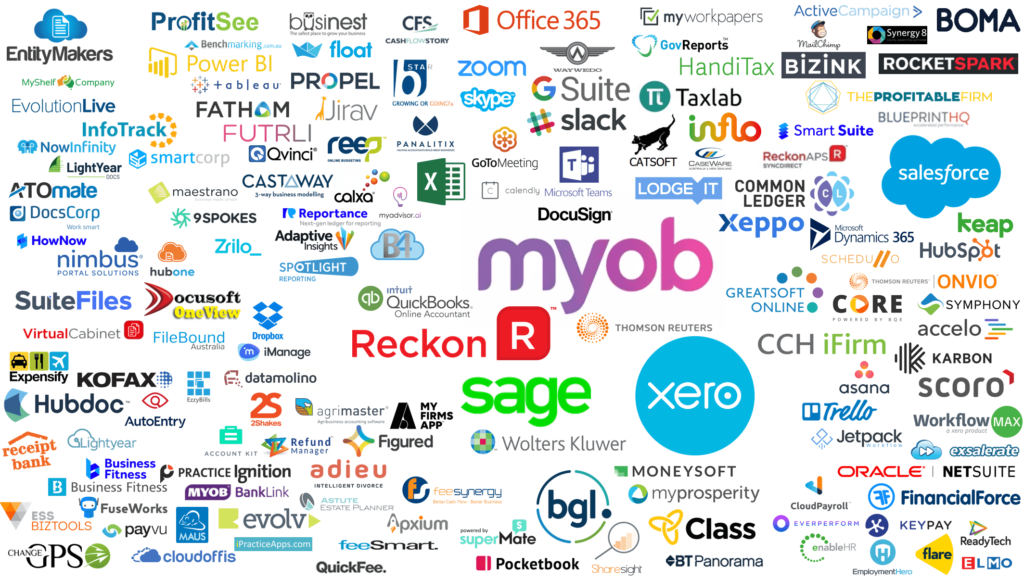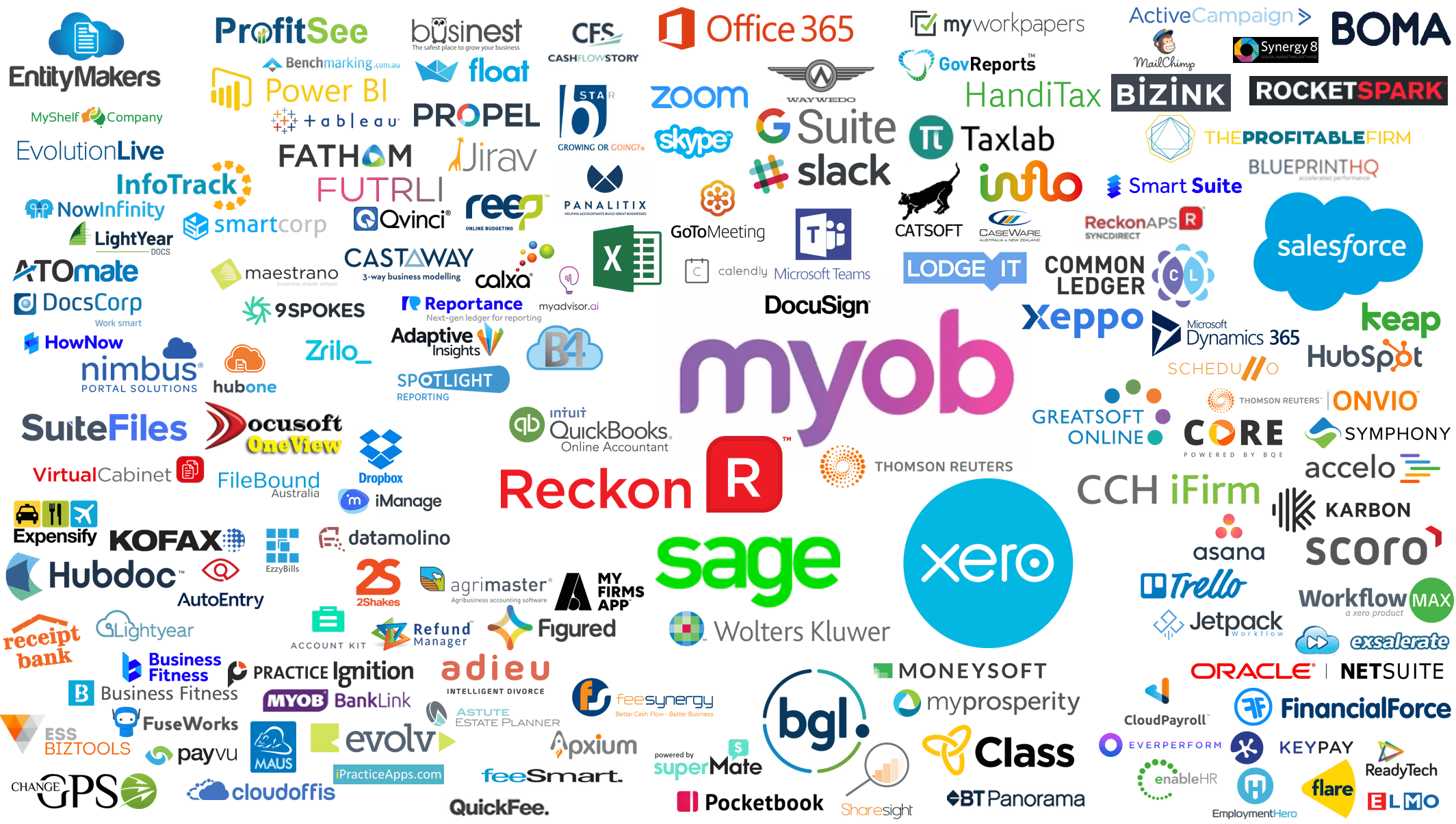Budget-Friendly Cloud Accounting Options for Australian Startups

Budget-Friendly Cloud Accounting Options for Australian Startups
Cloud accounting offers a solution for startups in Australia to streamline operations without breaking the bank. Budget-friendly software is now available, allowing entrepreneurs to access powerful tools previously reserved for larger enterprises. This allows them to focus on growing their ventures without worrying about financial efficiency. Understanding and managing finances should be a straightforward process that empowers entrepreneurs to make informed decisions and foster growth. This article explores some of the best budget-friendly cloud accounting options available in Australia, focusing on tools designed to simplify bookkeeping while keeping costs low. These innovative solutions can elevate startups’ financial game without sacrificing quality or functionality.
Importance of Cloud Accounting for Startups
Cloud accounting is helping more Australian companies streamline operations and expand their finances. Cloud accounting options give businesses real-time information that helps them make smart choices in a market that is always changing. This flexibility lets startups quickly change direction, growing or changing price models based on what customers say. Cloud accounting also makes it easier for team members to work together by letting them view and change financial data from anywhere. Automatic software changes reduce the risks associated with using old methods and make it easier to follow the rules. This method not only saves time but also encourages new ideas, which sets up startups for long-term success in a competitive market.
Top Features to Look For
- Consider security features like strong data protection, regular backups, and following Australian privacy rules at the top of your list.
- Make sure it can be automated. Tools for creating invoices, keeping track of expenses, and reporting in real time make financial tasks easier.
- Think about flexibility. Software should be able to handle the complicated financial needs of new businesses.
- Pick a price plan that is easy to change. Start small and add on as your business grows.
Comparison of Pricing Plans and Features
In 2024, Australian businesses will have several affordable cloud accounting software options, each catering to different business sizes and needs:
- Xero
- Overview: Xero is one of Australia’s most popular accounting software platforms, particularly favoured by small and medium-sized businesses. It offers a cloud-based solution that integrates with numerous third-party apps and provides features like invoicing, payroll, bank reconciliation, and GST compliance.
- Why Popular: Xero’s user-friendly interface, local tax compliance features, and robust integrations make it a top choice for Australian businesses. It also provides excellent customer support and a strong ecosystem for accountants and book-keepers.
- Key Features: Bank reconciliation, payroll, BAS (Business Activity Statement) management, expense tracking, and financial reporting.
- Pricing starts around $31 AUD/month
.
- QuickBooks Online
- Overview: QuickBooks Online, developed by Intuit, is a global leader in accounting software that has gained popularity in Australia. It offers cloud-based accounting solutions that include invoicing, expense tracking, payroll, and tax calculations. Its intuitive interface and mobile app make it popular among small business owners.
- Why Popular: QuickBooks Online offers flexibility, strong support for GST, and a robust mobile app. Its scalability makes it suitable for both small and medium-sized businesses.
- Key Features: Invoicing, expense tracking, payroll, GST reporting, and cash flow management.
- MYOB:
- Overview: MYOB is another well-established name in Australia, particularly known for its locally tailored accounting solutions. It offers both cloud and desktop software versions, catering to businesses of different sizes. MYOB Essentials is ideal for small businesses, while MYOB Account Right is better for medium-sized businesses.
- Why Popular: For many years, Australians have trusted MYOB, and its software meets local compliance requirements. The payroll and GST reporting features are particularly well-suited for Australian businesses.
- Key Features: Invoicing, payroll, GST reporting, inventory management, and BAS management.
- Pricing: Its pricing starts at $31 AUD/month for the Lite plan, which includes unlimited invoicing, expense tracking, and real-time reporting. Higher-tier plans offer additional tools like job tracking and warehouse management, making MYOB a strong option for businesses needing more comprehensive financial management.
4.FreshBooks:
- Overview: FreshBooks is popular among small service-based businesses and freelancers. It’s known for its user-friendly design and focus on invoicing, time tracking, and project management.
- Why Popular: FreshBooks is particularly appealing to freelancers and service-oriented businesses due to its invoicing capabilities and time tracking. It supports Australian GST, but it may not offer as much depth in tax compliance as Xero or MYOB.
- Key Features: Invoicing, time tracking, expense tracking, project management, and financial reporting.
- Tailored for freelancers and small businesses, FreshBooks is an affordable, easy-to-use tool for invoicing, expense tracking, and project management. It’s especially useful for service-based businesses and solopreneurs, with plans starting at $24 AUD/month.
5.Zoho Books:
- Overview: Zoho Books is a cloud-based accounting software gaining traction in Australia due to its affordable pricing and strong integration with other Zoho apps. Small and growing businesses can benefit from its comprehensive accounting features at a more affordable price point.
- Why Popular: Zoho Books is popular among small businesses for its affordability, ease of use, and integration with Zoho’s suite of products. It’s especially attractive to companies already using Zoho’s CRM or other apps.
- Key Features: Invoicing, expense tracking, inventory management, payroll integration, and GST compliance.
- Offering one of the best free plans, Zoho Books is ideal for small businesses with revenue under $50,000 AUD. Its free version includes multilingual invoicing, automated payment reminders, and bank integration. For growing businesses, paid plans start at $16.50 AUD/month, providing more advanced features like inventory management and report scheduling.
- Wave Accounting (popular among freelancers)
- Overview: Wave Accounting is a free cloud-based accounting software popular among freelancers, consultants, and very small businesses. While it lacks Australian-specific payroll features, it’s ideal for basic invoicing and expense tracking.
- Why Popular: Wave’s free core features make it an appealing choice for freelancers and sole traders who need basic accounting without the cost of premium software.
- Key Features: Invoicing, expense tracking, financial reporting, and receipt scanning.
- Saasu
- Overview: Saasu is an Australian-based cloud accounting software tailored to small and medium-sized businesses. It focuses on providing essential accounting features at an affordable price, with local support for Australian tax and payroll compliance.
- Why Popular: Its simplicity, low cost, and local expertise have made it popular, particularly with startups and small businesses. Saasu provides a streamlined interface and features that are essential for Australian businesses.
- Key Features: Invoicing, payroll, GST reporting, BAS submission, and financial reporting
For startups or very small businesses, Wave offers free basic accounting software, covering essential functions like invoicing and receipt scanning. It’s a cost-effective choice for those with minimal accounting needs, although features like bank account connections require upgrading to the paid plan at $16 AUD/month.
These options provide flexible and affordable solutions for Australian businesses, helping streamline financial processes and enhance efficiency. Consider the size of your business, feature needs, and budget when choosing the best fit.
Free Trials and Discounts Available
Several cloud-based accounting software options in Australia offer free trials and discounts as of 2024, helping businesses explore their features before committing to a subscription. Here’s a look at some popular choices:
- MyOB: MyOB offers a 14-day free trial of its Business Lite plan, making it an ideal choice for small businesses. Additionally, you can subscribe to the Business Lite plan for just $5 per month for the first six months, which includes features like unlimited invoicing, expense tracking, and GST reporting.
- Xero: Xero provides a 30-day free trial without requiring a credit card. All features of their subscription plans, tailored for small to medium-sized businesses, are available during this trial. After the trial, businesses can choose from various pricing options.
- QuickBooks: QuickBooks offers a 30-day free trial for its online, self-employed, and payroll plans. They also offer a 30% discount for three months for new subscribers, or a 30% discount for 12 months for the Advanced plan.
- Zoho Books offers a 14-day free trial of its full-featured premium plan. This allows users to explore all advanced features before committing to a subscription. After the trial, Zoho Books pricing starts at competitive rates with various plans depending on business size and requirements.
- FreshBooks provides a 30-day free trial for new users, allowing full access to its cloud-based accounting features, including invoicing, expense tracking, and time tracking. This extended trial helps businesses explore the software to see if it meets their needs before subscribing.
Tips for Choosing the Right Software.
- Consider features, integration with existing tools, scalability, localisation, cloud-based functionality, and user experience.
- Ensure software can adapt to local taxation laws and banking regulations.
- Consider cloud-based options for real-time access to financial data.
- Prioritize user experience to avoid productivity issues.
- Test various demos to align with team’s workflow.




